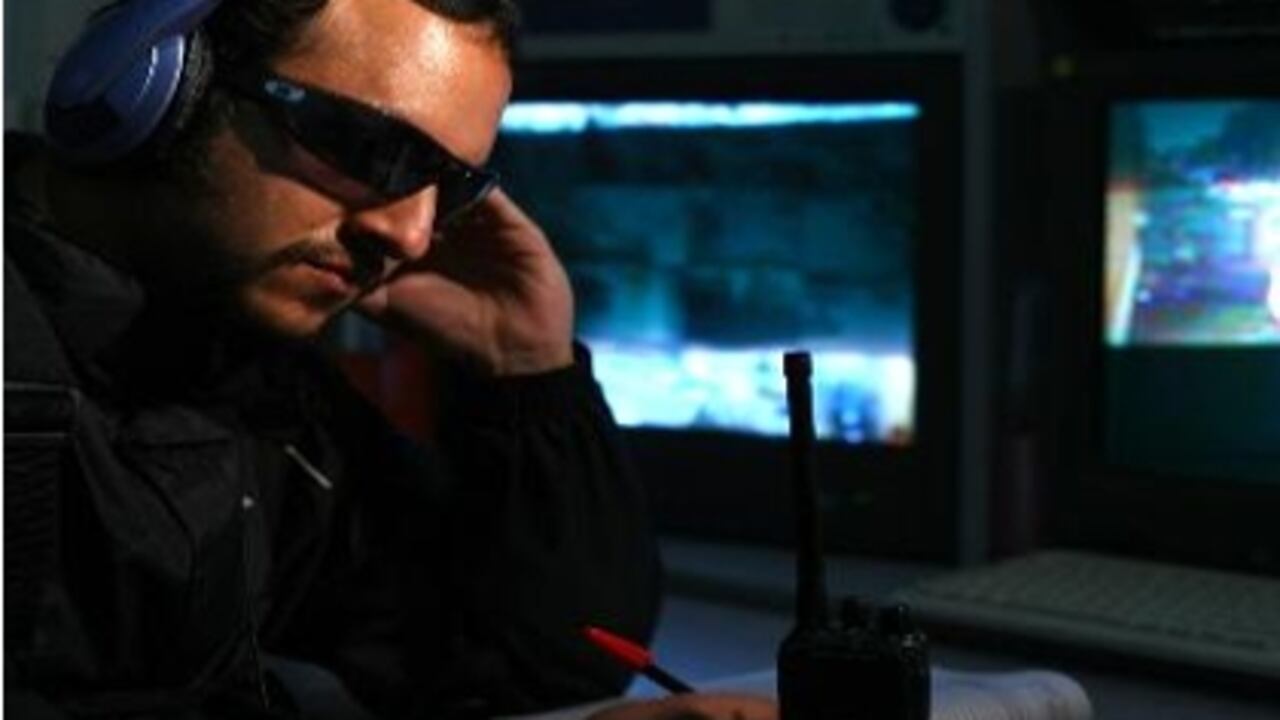Cover Story
Colombian intelligence agency scandal
DAS, the Colombian intelligence agency, is out of control. It is illegally tapping journalists, judges and politicians and its services have been used by drug dealers, paramilitaries and guerrillas. Investigation by SEMANA.

Colombia woke up on Monday facing a controversy of enormous proportions, since Semana magazine revealed in its most recent edition, after a six-month investigation, that the DAS, the national intelligence agency, has been illegally wiretapping prominent politicians, journalists and judges.
Early morning, President Alvaro Uribe sent a message to a national radio station to try and control the debate, which has even spread internationally. In it he emphatically states that he has “never given an order to look into the private lives of people” and describes himself as a “loyal man who is fair with his opponents and does not cheat on them”. Juan Manuel Santos, the country’s minister of Defense, also gave his opinion on the topic, describing it as a delicate subject for national security.
Irrespective of Alvaro Uribe’s statement, the news has already spread and the first decisions have been taken. The Office of the Attorney General (procuraduría) gave the order to investigate who is in charge of the illegal tapping. Earlier, the CTI, the investigation department of the Prosecutor General’s Office (fiscalía), had taken control of the premises where the tapping was being organized, and Jorge Lagos resigned from his post as deputy counter-intelligence director. Apart from that, Felipe Muñoz, head of DAS, announced that a special committee will be set up to look into the problem.
All these decisions were taken after Semana published on Sunday its cover story on the topic. According to one of the detectives who works in DAS and who spoke to the magazine, “here (at DAS) you look at targets who can be a threat to the safety of the State and the president. Among them you can find the guerrillas, criminal gangs and drug traffickers. But also, and that is obvious because of the functions DAS is in charge of, controlling some people and institutions in order to inform the Presidency. For example, how can we not control (Gustavo) Petro, who is a former guerrilla and a member of the opposition? Or Piedad Córdoba (liberal party senator), because of her links to Chávez and the guerrilla?” The magazine confirmed this with four other members of DAS.
Other important figures who have been tapped are members of the Supreme Court and Iván Velásquez, a judge who leads the investigations regarding the links between politicians and paramilitary leaders and who had more than 1,900 phone calls intercepted. Journalists have also suffered from this problem. A counterintelligence detective told SEMANA that one of the goals behind tapping media and journalists “is informing the government of what is being done in the media, in order to give the government some time to react when critical situations arise”.
The subject of illegally tapping members of the Supreme Court and the government, journalists and opposition leaders is only the tip of the iceberg of what is happening in the intelligence agency. The disorder has not only been capitalized on by members of the government to get “political favours”. Criminal organizations such as drug traffickers, paramilitaries or the guerrilla have also found there a very valuable source of information which is sold to the highest bidder.
SEMANA obtained judicial record certificates sold to paramilitaries two years ago controlled by drug trafficker Miguel Ángel Mejía Múnera. The confidential documents, which can only be requested by a small number of DAS directors, were surprisingly in the hands of Nicolás Escobar, a close friend of the paramilitary leader who demobilized and is now in prison.
The Army also found last year a computer, owned by members of the ELN guerrilla group, which contained DAS documents about the operations of that agency against the rebels.
All in all, this debate has raised again a vital question: What must be done with DAS? The agency will never be able to carry out its main goals –provide intelligence to defend Colombian democracy- if actions such as illegally tapping people are considered by some of its workers as “normal”. Just as the body count policy led to the deadly false positives scandal, the idea that any detractor of the President or the government is a “legitimate target” resulted in the tapping of journalists, judges and politicians. It is definitely very dangerous for democracy in this country that DAS operates like a political police force and that some of its employees use their post to commit a crime.
